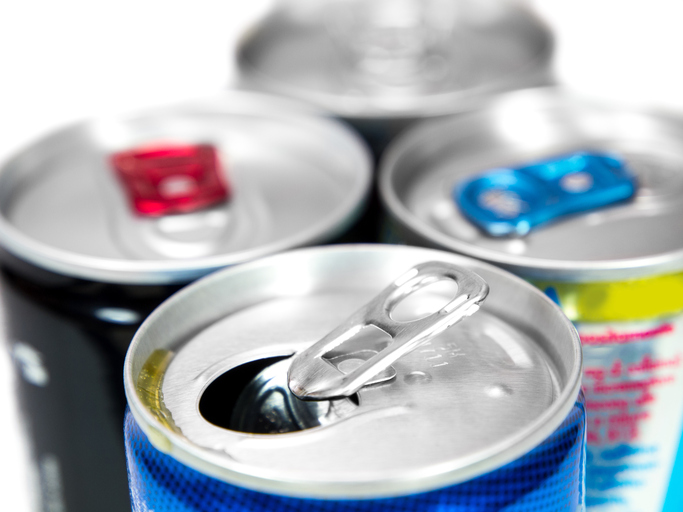This isn’t the first time that energy drinks have posed health risks and research shows that these drinks can cause dangerous changes in heart function and raise your blood pressure to dangerous levels.
When a medical examiner and forensic toxicologist examined the teen, they found that based on his weight, the intake of caffeine had exceeded what is considered a safe level. The Food and Drug Administration had said that caffeine in doses up to 400 mg (about five cups of coffee) is generally safe, yet not recommended.
“The purpose here today is not to slam Mountain Dew, not to slam café lattes or energy drinks. But what we want to do is to make people understand that these drinks—this amount of caffeine, how it’s ingested, can have dire consequences. And that’s what happened in this case,” said Watts at a news conference.
Caffeine can prompt the release of natural compounds called catecholamine, including norepinephrine, a stress hormone that can speed the heart rate. Caffeine overdoses like this one can cause irregular and rapid heart rates and seizures among other symptoms.
“Davis, like so many other kids and so many other people out there today, were doing something that they thought was totally harmless, and that was ingesting lots of caffeine,” Watts said.





